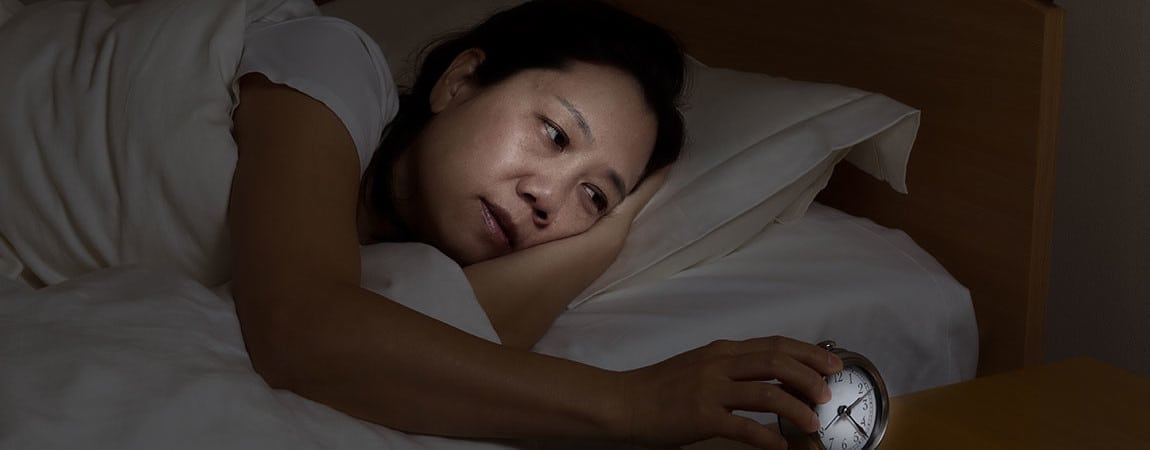How Sleep Restriction Can Sabotage Your Health
How do you feel when you don't get enough sleep? If you are like most people, you feel fatigued, achy, out of sorts and a bit duller than usual. As much as sleep restriction obviously affects your health and mood, it can have even more severe effects on your hormone levels, cell metabolism and other less visible aspects of health.
Sleep Restriction and Your Metabolism
 A recent study has found that sleep restriction can effectively ruin your metabolism. Participants who slept 5.5 hours or less every night experienced a variety of ill effects. Their glucose metabolism was severely impaired, which could lead to type 2 diabetes over time. These people also made less leptin, the hormone associated with feeling full and satisfied, which led to increased hunger. Last, there was an effect on testosterone levels, with the sleep-deprived subjects showing lower amounts of this important male hormone. Surprisingly, the research subjects for this study were young healthy men, perhaps the healthiest population. If sleep restriction can affect these men so drastically, it may have even greater effects on older or less healthy bodies.
A recent study has found that sleep restriction can effectively ruin your metabolism. Participants who slept 5.5 hours or less every night experienced a variety of ill effects. Their glucose metabolism was severely impaired, which could lead to type 2 diabetes over time. These people also made less leptin, the hormone associated with feeling full and satisfied, which led to increased hunger. Last, there was an effect on testosterone levels, with the sleep-deprived subjects showing lower amounts of this important male hormone. Surprisingly, the research subjects for this study were young healthy men, perhaps the healthiest population. If sleep restriction can affect these men so drastically, it may have even greater effects on older or less healthy bodies.
This is not the only study to identify sleep habits as a key regulator of metabolism and health. Other studies have found that sleep truly is essential to good health and especially to maintaining a healthy weight. Sleep restriction can cause you to lose fat-free body mass like muscle while packing on fat. Because of these findings, getting the right amount of sleep should be part of every weight loss plan.
Is Our Obesity Epidemic Caused by a Sleep Restriction Epidemic?
Another study published in the journal Obesity suggests that sleep deprivation may be one of the most important factors in weight gain and obesity. When forced to sleep only four hours a day, half the recommended amount, volunteers had a sharp increase in both hunger and ghrelin levels.
Ghrelin is a hormone that produces that gnawing, ravenous hunger feeling that most of us have experienced. This hormone is normally released only when we haven't eaten for a long interval, but it is expressed continuously in people who are undergoing sleep restriction. It takes an enormous amount of self-control, more than most people have, to resist eating under the influence of ghrelin.
How Much Sleep Is Not Enough?
Sleep restriction has been established as an independent risk factor for obesity, which means it can cause obesity even in the absence of other variables such as genetic predisposition or sedentary lifestyle. However, how much sleep is enough? Many people in the Western world simply do not get enough sleep, which has changed our perception of how much we need. Seven to eight hours is the optimal amount for most people, and as much as five and a half hours can cause negative biological effects. Millions of Americans do not get the sleep that they need to maintain optimal health. Many doctors are recommending better sleep habits as a way to combat obesity and other common diseases.
Our culture almost has reverence for people who go without the sleep they need. Whether it is a medical student studying into the early hours of the morning, a businessman working 20 hour days, or a mother up at 2 a.m. caring for a baby, we treat the sacrifice of sleep as though it is a sign of a person's willpower. However, these studies suggest that we should treat sleep restriction instead like the dangerous and unhealthy behavior it is. In order to maintain good health, modern people need to make sleep more of a priority and allow others to get that sleep as well.





